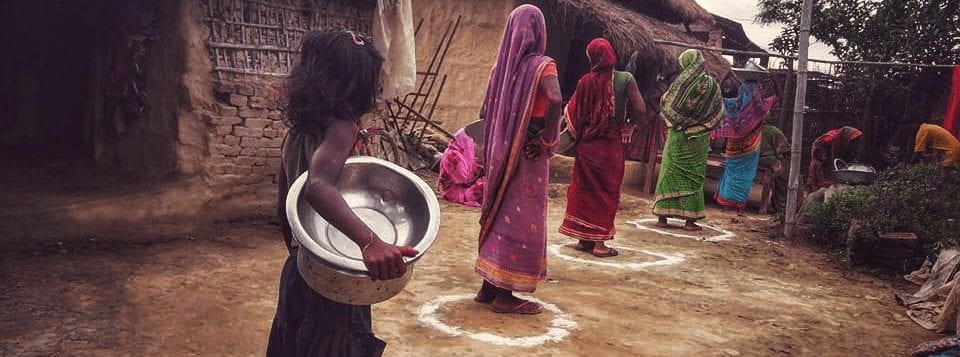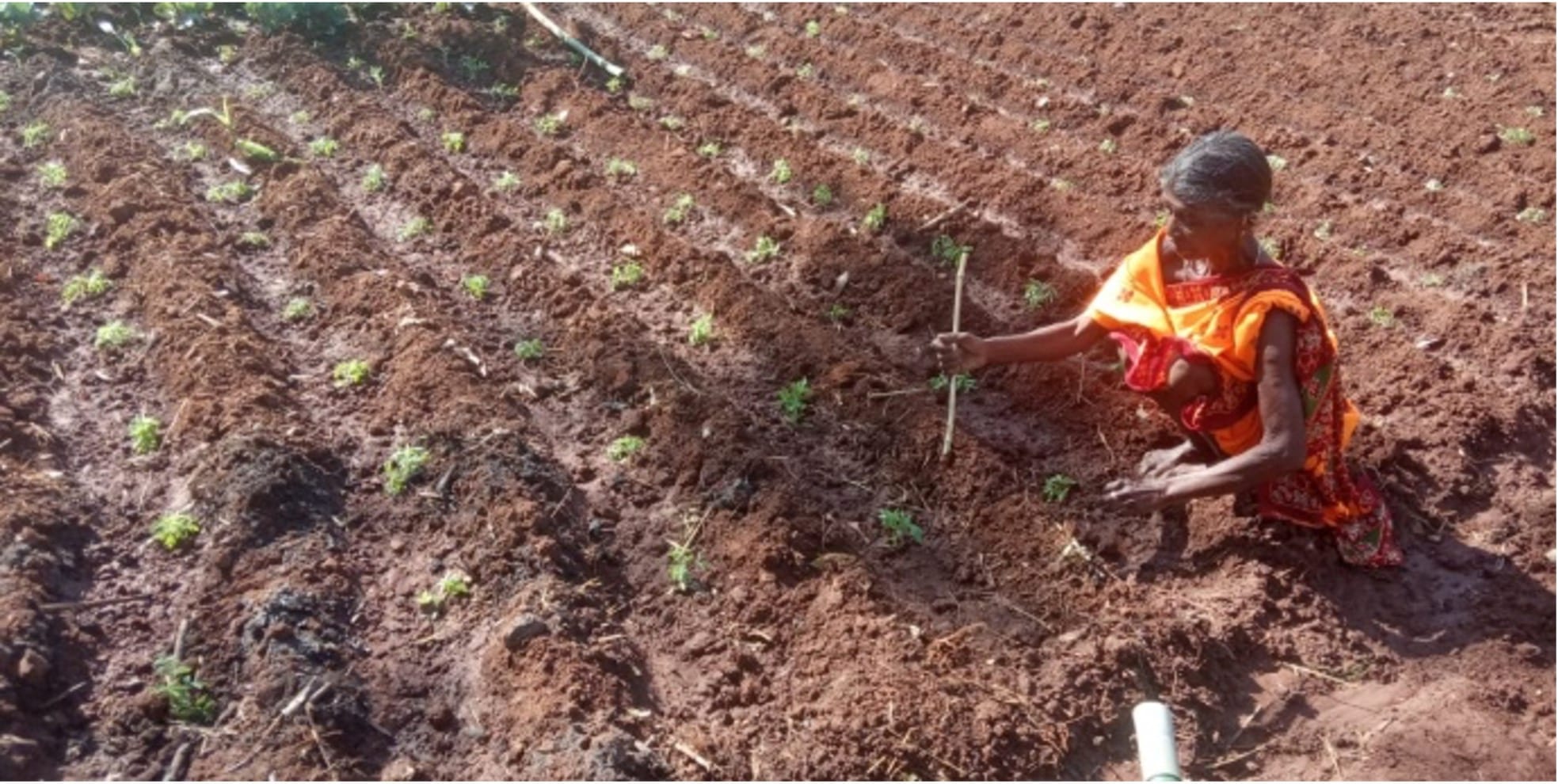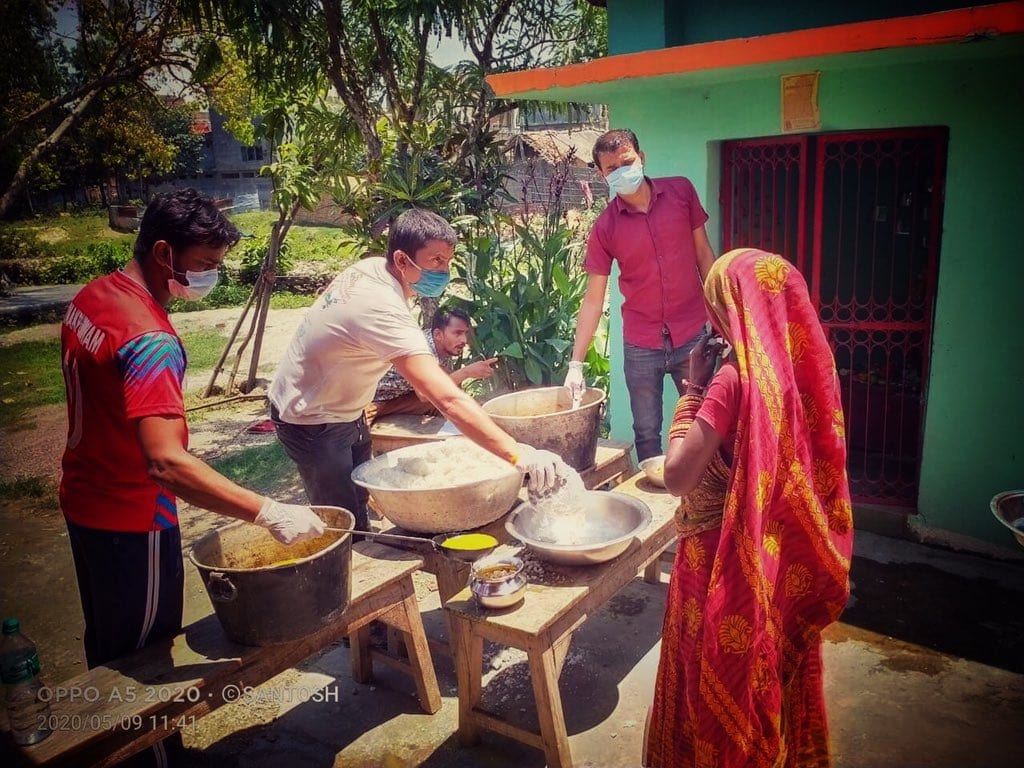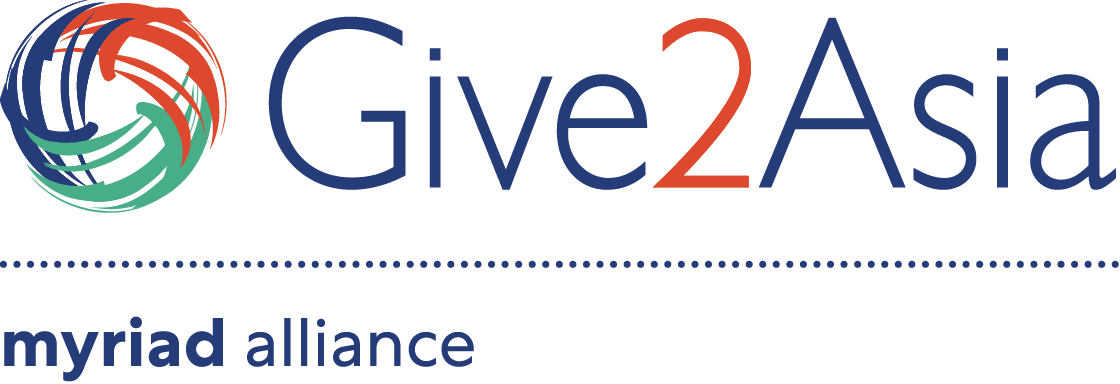As donors consider how to help those affected by the COVID-19 pandemic, food security will remain the single most pressing need beyond basic medical support.
 by Jill Chang, Philanthropy Advisor
by Jill Chang, Philanthropy Advisor
The Asia-Pacific is home to half of the world’s people. It is no wonder that food insecurity is a critical issue across the region as a result of COVID-19.
The region has made significant strides in slashing chronic hunger over the last few decades. However, due to the current crisis, people who already struggled to feed their families now face more obstacles and uncertainty. Extended lockdowns, closed businesses, and restricted movement are causing loss of incomes, remittances, and livelihoods. Supply chain disruptions also mean less availability and higher costs for basic staples. As the prolonged pandemic threatens to pull vulnerable communities back into extreme poverty, hunger and malnutrition are rising.

WAYS TO HELP
Helping local organizations create services that provide food to these communities is critical. Throughout 2020 and into 2021, Give2Asia has heard from communities that their local food banks are struggling to keep up with demand, and that access to healthy food and water on a regular basis is difficult for many families. These needs will continue well past the delivery of vaccines.
In addition, communities need help supporting policies and education programs that promote good nutrition. While nutrition is important throughout a person’s life, it’s essential to improve maternal and child diets to ensure that young children have the best start in life, particularly in the critical first 1000 days. Educating families about proper nutrition and emphasizing nutrition-focused behavior are other key components.
SOME EXAMPLES
Give2Asia is proud to support organizations throughout the region that are working tirelessly to combat food insecurity. This includes organizations like the Indo Global Social Service Society (IGSSS) in India, which provided hundreds of marginalized families in two districts of Odisha State with conditional cash support to restart their jobs and earn income to put food on their tables.
Many of the people they serve were among the hardest hit by lockdowns and include women who were no longer able to access their farms or markets, whose micro-businesses were on the verge of collapsing, and whose husbands lost their jobs. Among these is Dumuri (pictured below) from Chanabada Village. A widow taking care of her son, daughter-in-law and four grandchildren, Dumuri and her family relied on agriculture as their main source of livelihood. Due to lockdowns though, she was forced to spend all her savings to buy food and could no longer afford to cultivate her farm. With her Rs5000 grant (about $68), Dumuri bought five types of vegetable seeds to plant, from which she expects to earn Rs, 10,000 in three months’ time.

In Nepal, the community organization Sano Paila (“A Little Step”) recognized early-on that the COVID-19 lockdown would hurt migrant laborers and their families the most. Through their Janata Food Center, Sano Paila is serving hot meals and providing dry food rations to hundreds of families. For homeless people who are unable to visit the center, a “Meals on Wheels” program delivers free food by electric rickshaw.

Even in wealthier countries, food insecurity remains a harsh reality for many. In Japan, the economic slowdown caused lost incomes, jobs, and homes. To help, Moyai Support Centre for Independent Living provides food distribution on Saturdays for 150 needy and displaced residents. The organization also provides emergency temporary accommodation, counseling, and PPE for the assisted families.
Refugees are another at-risk population. In Australia, asylum seekers are ineligible for many government services, causing increased food insecurity. During the pandemic, requests to the nonprofit Asylum Seeker Resource Centre tripled. The organization is now providing food packs to 1,200 families and individuals on a weekly basis.
As parts of Asia and the Pacific continue to endure strict lockdowns and brace for new waves of COVID cases, nonprofit organizations continue to adapt. Despite the new challenges, these local charities remain on the front lines caring for those who need it most.
You can support food security in Asia by making a donor-advised gift through Give2Asia to your favorite food charity or by giving to Give2Asia’s COVID-19 relief fund for your preferred location. To get started, request a meeting with our international giving team.




